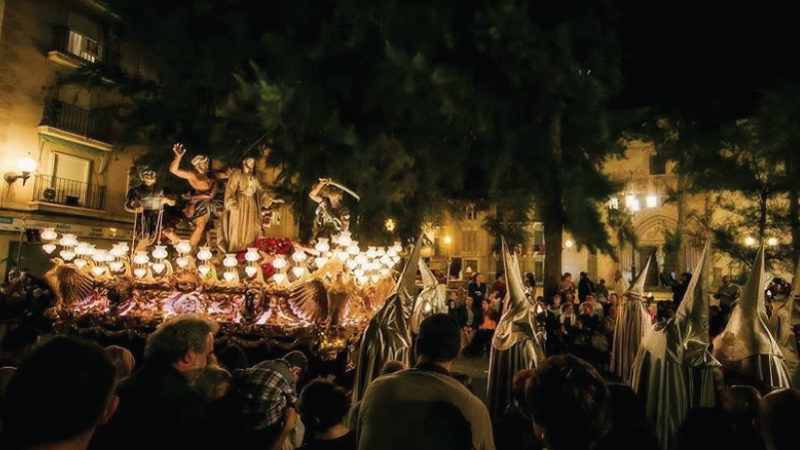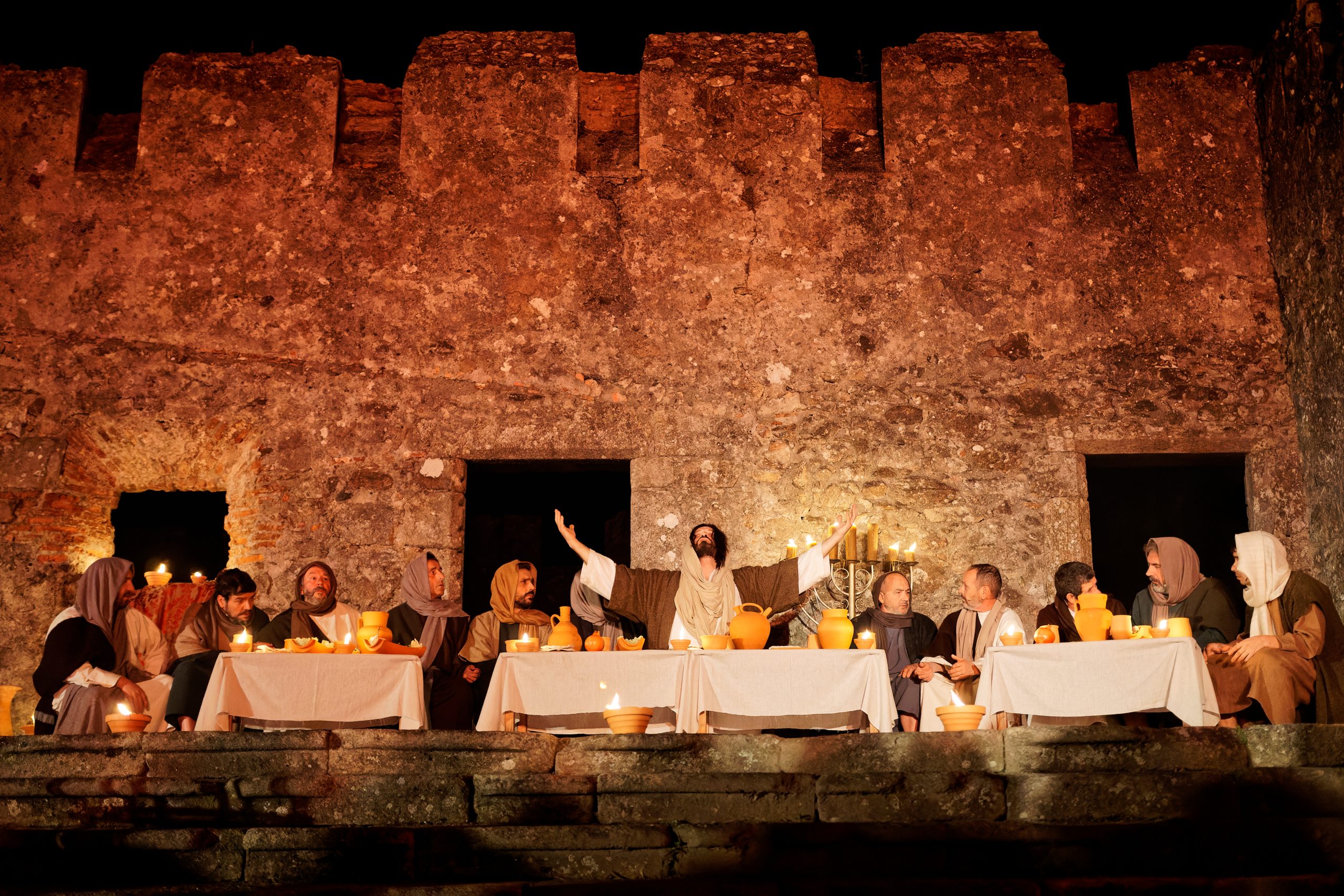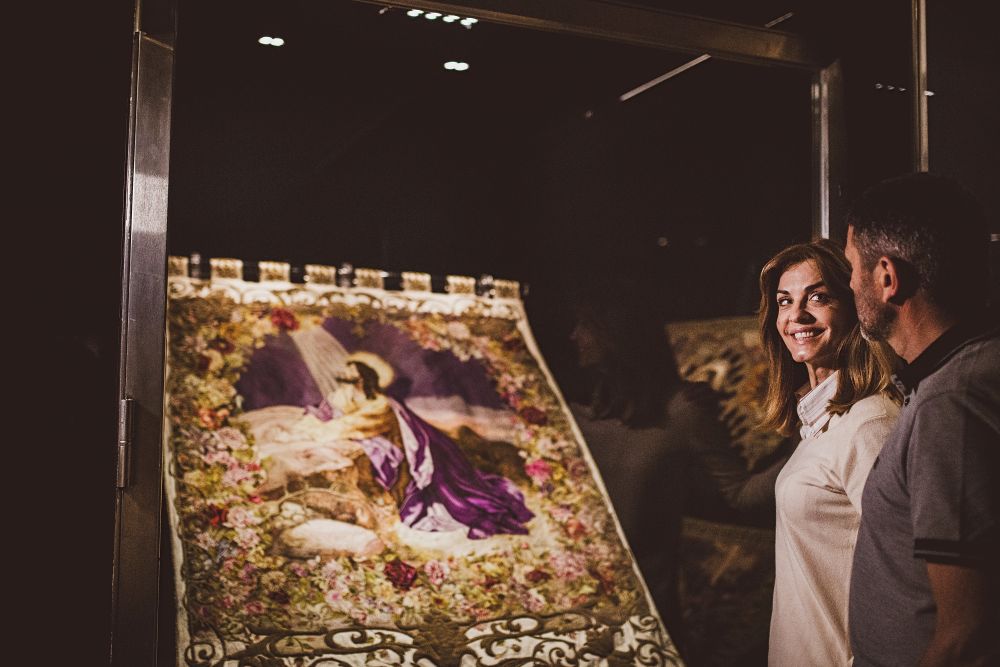
The European Network of Holy Week and Easter Celebrations: Beyond religious tourism
Religious tourism has been, for centuries, one of the oldest and most significant forms of travel. Pilgrimages to sacred places have moved millions of people in search of spiritual connection, experiences of faith and fulfillment of promises.
However, today, tourism has evolved and travelers’ motivations have diversified. This phenomenon invites us to explore beyond traditional religious tourism and discover how religious traditions and cultural experiences can intertwine in enriching ways.
Regardless of whether you are a believer or not, religions are a fundamental part of our history. Getting into them is a great way to get to know the local culture. Therefore, we can speak in terms of cultural tourism, intangible heritage and transmission, given the important social, anthropological and identity component that they have, becoming a form of tourism sustainability that invites us to preserve the way of life of the destinations.
The European Network of Holy Week and Easter Celebrations offers visitors a thematic cultural itinerary through which to explore and learn about the traditions linked to these celebrations, deeply rooted in the European and American continents. On their way, the visitor can find tourist destinations of excellence not only for the typicality of their celebrations but for the other cultural, heritage, historical, artisanal, gastronomic and natural resources that they offer.
A heritage of incalculable value
Traditions and religious manifestations also encompass the discovery of cultural and historical heritage. Temples and churches are not only places of worship, but also masterpieces of architecture and guardians of ancient stories. Visiting these sites allows us to better understand the traditions and customs of different cultures. Likewise, museums or thematic guided tours help to interpret and understand this heritage, beyond its celebration period.
In the European Network of Holy Week and Easter Celebrations, there are countless heritage resources that we can discover: artisan workshops, tasting of sweets and typical dishes or traditional Easter music in Croatia, Slovenia, Malta, Italy, Spain, Portugal and Serbia.
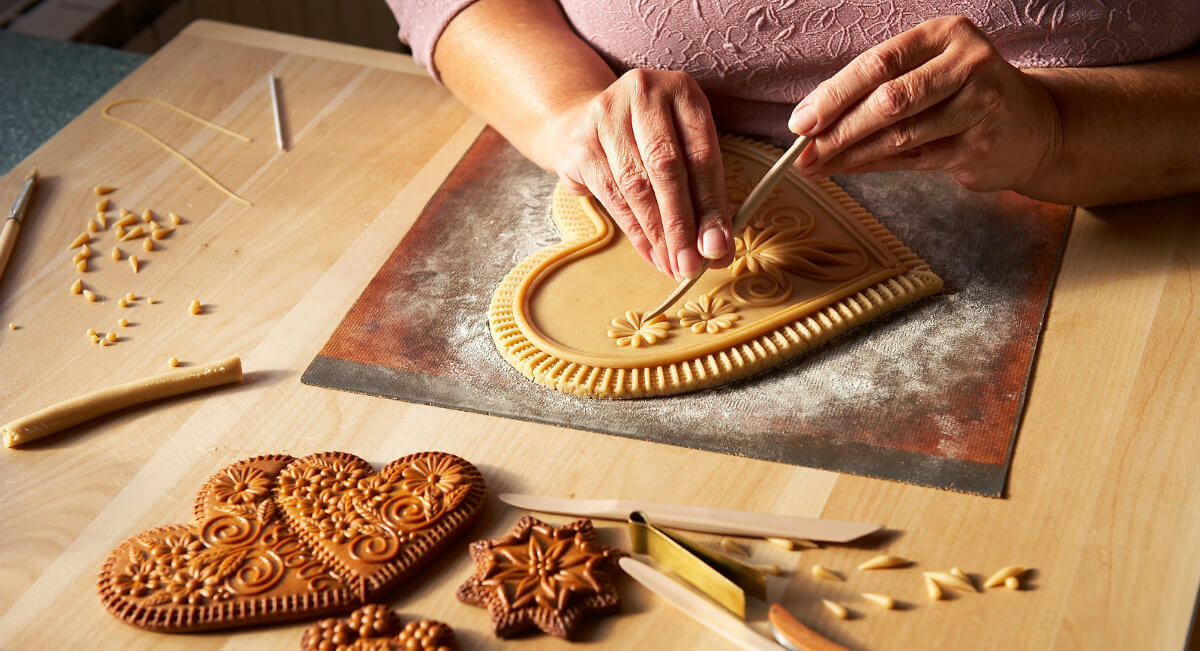
Crafts in Skofja Loka, Slovenia
Communities and Meetings
It also offers the opportunity to interact with local communities and participate in their rituals and traditions. These encounters can be deeply enriching and offer a new perspective on different ways of life. Participating in local religious festivities, ceremonies, and practices allows travelers to immerse themselves in the culture and experience firsthand the devotion and beliefs of other people.
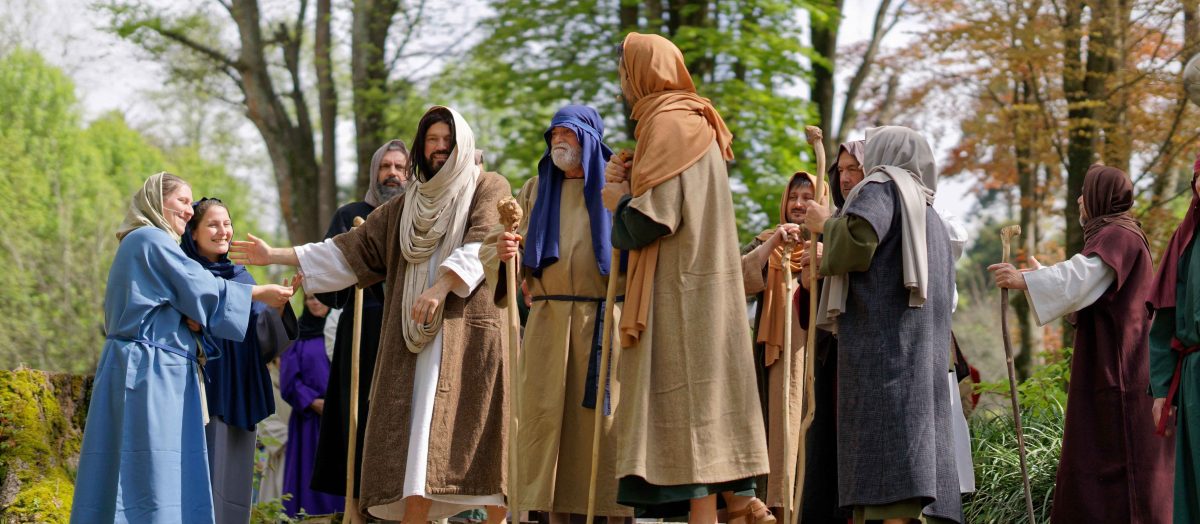
Triumphal entry into jerusalem, Santa María da Feria, Portugal
Regenerative tourism: respect for the environment
In this sense, regenerative tourism allows you to delve into the culture of the people and take care of the resources they offer, connecting with the people who live and practice that culture. Share feelings and ways of life through nature, heritage and gastronomy. The visitor seeks to know the place first-hand, safeguarding the integrity of the resources.
In short, today travelers seek a deeper connection with themselves, with nature and with local cultures. Exploring beyond traditional religious tourism invites us to open our minds and hearts to new forms of spirituality and personal enrichment. In this sense, each trip can become an opportunity for personal growth and intercultural connection, taking tourism to a new level of meaning and purpose.
Header image: muBBla, Paso Blanco Embroidery Museum, Lorca, Spain


